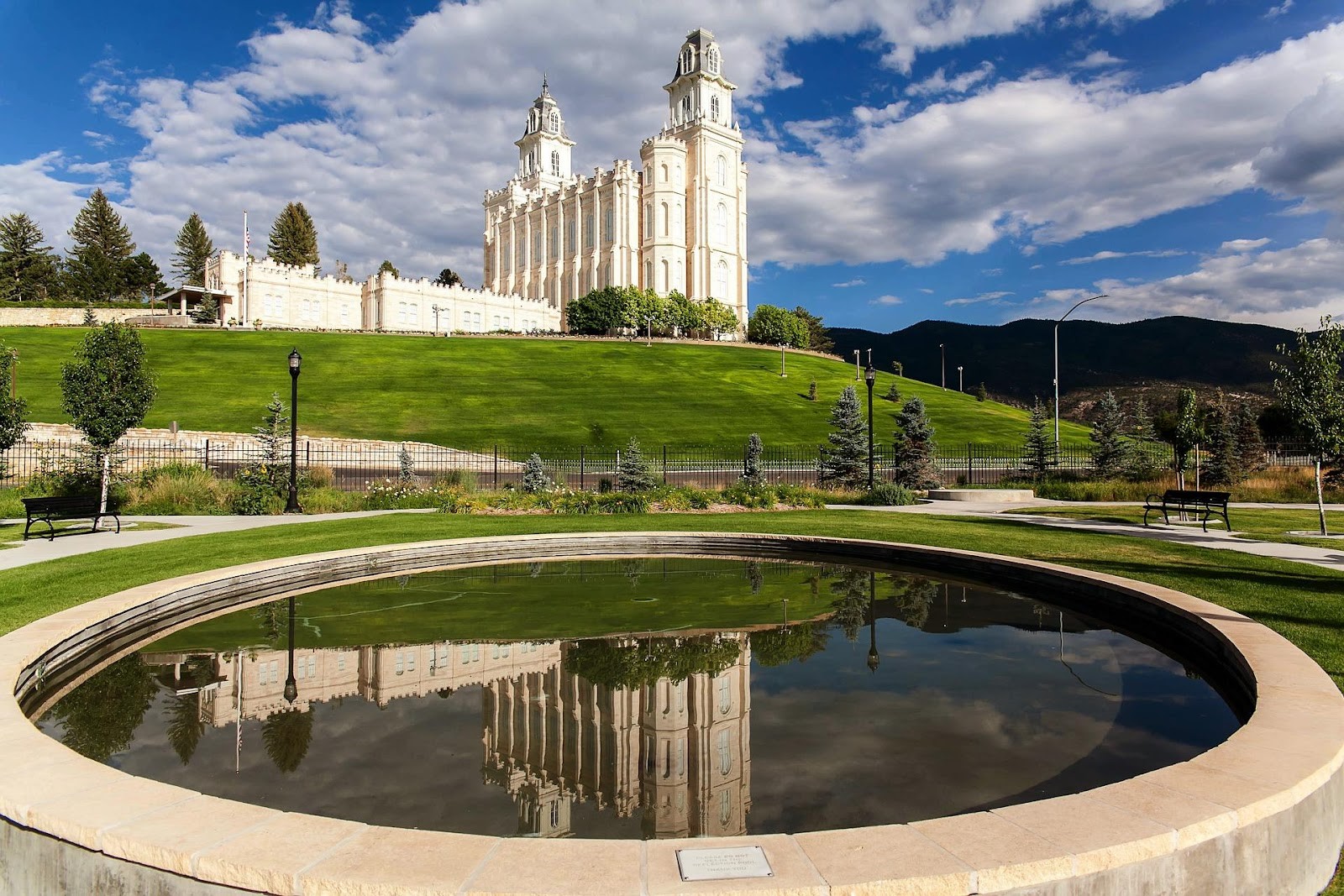

Come, Follow Me is a resource offered by The Church of Jesus Christ of Latter-day Saints. It is designed to be used in the home to support personal and family scripture study to build faith in Heavenly Father and His plan of salvation and in the Savior Jesus Christ and His Atonement. Come, Follow Me is self-contained and adequate, when used properly. Products and materials designed to supplement this resource, though they may be helpful in some instances, are not necessary for a successful home study program.

Jeremiah 30–33; 36; Lamentations 1; 3
“They shall be my people, and I will be their God.”
From Come, Follow Me:
Although the Israelites had broken their covenant with the Lord, Jeremiah prophesied that the Lord would again establish a “new” and “everlasting covenant” with His people (Jeremiah 31:31; 32:40). The new and everlasting covenant is “the fulness of the gospel of Jesus Christ [see Doctrine and Covenants 66:2]. It is new every time it is revealed anew following a period of apostasy. It is everlasting in the sense that it is God’s covenant and has been enjoyed in every gospel dispensation where people have been willing to receive it” (Guide to the Scriptures, “New and Everlasting Covenant,” scriptures.ChurchofJesusChrist.org; italics added).
As you read Jeremiah 31:31–34; 32:37–42, ponder what it means to you to be part of God’s covenant people. How do these verses affect the way you view your covenant relationship with God?
“‘As members of The Church of Jesus Christ of Latter-day Saints,” explains President Thomas S. Monson, “sacred covenants are to be revered by us, and faithfulness to them is a requirement for happiness. Yes, I speak of the covenant of baptism, the covenant of the priesthood, and the covenant of marriage as examples.’
“As we enter into these important covenants, we become partakers of the new and everlasting covenant, “even the fulness of [the gospel of Jesus Christ]” (D&C 66:2). The new and everlasting covenant is “the sum total of all gospel covenants and obligations” we’ve made, and the resulting blessings include all that the Father has, including eternal life.
“As we strive to understand and keep our covenants, we should remember that keeping our covenants is not merely a list of things to do but a commitment to become like the Savior.” (Understanding Our Covenants with God, Ensign, July 2012)

An important part of making covenants is to remember them. Look through photos of family members that remind you of covenant-making events, such as when they were baptized, ordained to the priesthood, went to the temple for the first time, or sealed in the temple. Share memories of each event with your family.
Write or audio-record what you remember about these special events. You might include the date, time of day, place, who attended, who performed the ordinance, specific things you remember about that day, how you felt, etc.
After you have recorded your own personal baptism, interview your parents or grandparents to find out what they remember about their baptisms and confirmations. You may also want to record these experiences. What differences and similarities did you discover between the experiences?

Saving ordinances are performed in the temple for those who have died without having the opportunity to receive these ordinances. The dead are taught the gospel in the spirit world and have the choice to accept these ordinances performed on their behalf.
As a family, list all the ordinances you can name. Which of these ordinances are considered saving ordinances? (Baptism and confirmation, Melchizedek Priesthood for men, endowment, and sealing) Write the saving ordinances down on a sheet of paper.
Discuss which ordinances are performed in the temple. Include in your discussion the ordinances listed on the family name ordinance card and the Ordinances Ready app. (Baptism, confirmation, initiatory, endowment, sealing) Compare these ordinances with those written on your sheet of paper. Discuss why all saving ordinances are performed in the temple? Learn more about Temple Baptism and Confirmation for the Dead, Temple Endowment, and Temple Sealing (Temple Marriage).
(For a more visual activity, get a picture of a temple. Write down the ordinances on separate strips of paper. Place these below the temple picture to symbolize steps leading to the temple and eventual exaltation by accepting these ordinances.)

As a family, find ancestors you can go do baptisms or other ordinances for in the temple. The Prophet Joseph Smith said, "The greatest responsibility in this world that God has laid upon us is to seek after our dead." Teachings of Presidents of the Church, Joseph Smith (2007) 475
Check out Ordinances Ready or Request Temple Ordinances for Family Names to learn how to print your own family names for the temple. This simplifies finding names for the temple, allowing you more time to serve your family and enjoy the blessings of the temple. Read how to verify names and relationships here. Watch this video to see how to use the app. If you are able to attend the temple, print the names and take them to the temple to perform the ordinance.
From Come, Follow Me:
How might you use Jeremiah 36 to help your family learn about the importance of the scriptures? (see, for example, verses 1–6, 10, 23–24, 27–28, 32). You might ask one family member to read a verse from this chapter while another family member writes it down, like Baruch did for Jeremiah. Why are we grateful for the efforts of people like Baruch, who preserved the words of the prophets?
"When you are willing to listen and learn, some of life's most meaningful teachings come from those who have gone before you. They have walked where you are walking and have experienced many of the things you are experiencing. If you listen and respond to their counsel, they can help guide you toward choices that will be for your benefit and blessing and steer you away from decisions that can destroy you. As you look to your parents and others who have gone before you, you will find examples of faith, commitment, hard work, dedication, and sacrifice that you should strive to duplicate ... It's hard to imagine a scenario in which it would not be worthwhile to consider and learn from the experience of others."
"There are great lessons to be learned from the past, and you ought to learn them so that you don't exhaust your spiritual strength repeating past mistakes and bad choices….what impact will the lessons of the past have on the personal choices you make right now and for the rest of your lives?"(M. Russell Ballard, Learning the Lessons of the Past, April 2009 General Conference)

As a family, write down 20 questions you can use in an interview. Here are just a few sites to give you some ideas about what questions you may want to ask during your interview.
After you have decided your questions, discuss one or more relatives that you could interview. Set up an appointment with at least one relative. Practice asking the questions within your family before the appointment time arrives. Have fun!
Consider preserving your interviews using the FamilySearch Memories Audio app or the Record My Story feature. You can also share the audio recording by tagging it or sharing with others via Facebook, email, etc., by tapping the "Share" symbol.

Trace Your Ancestors in Immigration Records
Chances are that you have immigrant ancestors in your family tree. You can trace them with immigration records, including passenger lists, naturalization records, passports, etc. Check out Goal D1 in the United States page, or the corresponding Goal in the country page you’re using.